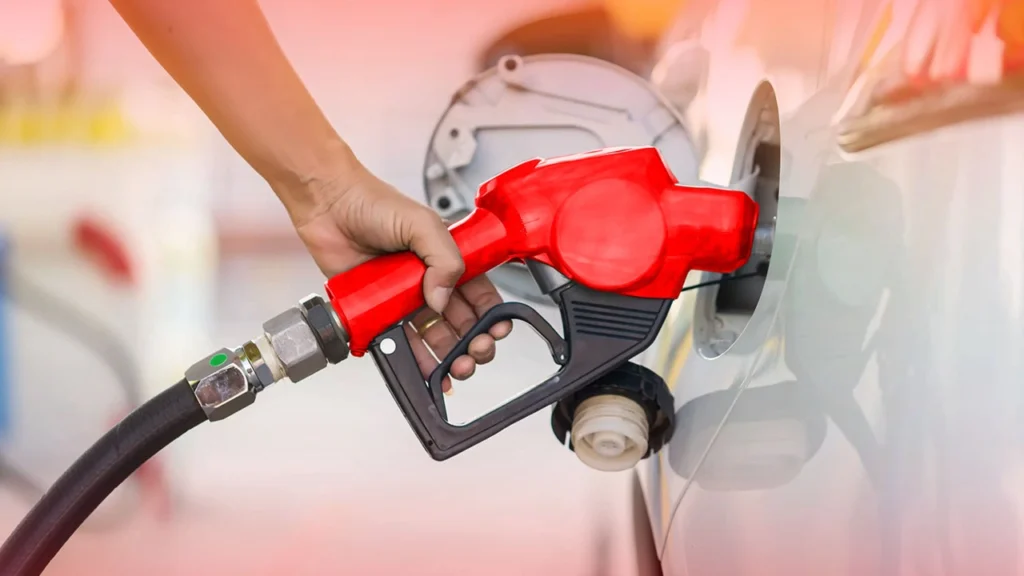- Web
- Feb 05, 2026
Govt to impose Rs2.50 carbon levy from July 2025, eyes EV tax to fund green shift
-

- Web Desk
- Jun 20, 2025

ISLAMABAD: Pakistan plans to introduce a carbon levy of Rs2.50 per litre on petroleum products starting July 1, 2025, as part of efforts to boost revenue and manage rising energy costs, the Petroleum Division told lawmakers.
Officials informed the National Assembly’s Standing Committee on Finance that the existing petroleum levy stands at Rs78.02 per litre on petrol and Rs77 on high-speed diesel. The government aims to gradually raise it but cap it at Rs90 per litre. While furnace oil is being phased out from public power plants, Independent Power Producers (IPPs) are still using it, they added.
The government also intends to borrow Rs1.275 trillion from commercial banks, at a slightly discounted interest rate, to clear debts in the power sector. Around Rs683 billion of this will go to the Power Holding Company, with repayments spread over six years. To support this plan, a surcharge of Rs3.23 per electricity unit will be applied, although lifeline consumers will remain exempt.
Lawmakers gave the green light to proposed changes in the Petroleum Levy law but asked the government to clarify whether the levy should be classified as a tax.
Committee Chairman Naveed Qamar also weighed in on a separate debate, rejecting claims that the proposal to tax solar energy products had come from the Senate. “It was our recommendation,” he said, recalling that the committee had earlier advised against taxing solar to support clean energy adoption.
The committee also reviewed Pakistan’s electric vehicle (EV) roadmap. While the government hopes to see 2.2 million EVs, mostly two-wheelers, on roads in five years, concerns were raised over how this transition would be funded. Officials proposed a new tax on conventional car buyers: 1 per cent on vehicles up to 1300cc, 2 per cent for 1301–1800cc, and 3 per cent above 1800cc. Lawmakers were surprised to learn these charges weren’t mentioned in the latest Finance Bill.
Members criticised the lack of infrastructure and planning for EVs and decided to postpone the bill until a clearer roadmap is provided. Discussions also touched on reforms in sales tax, power sector laws, and stamp duties, with some proposals deferred for further review.
Read next: Oil prices slip as Trump delays decision on Israel-Iran conflict




